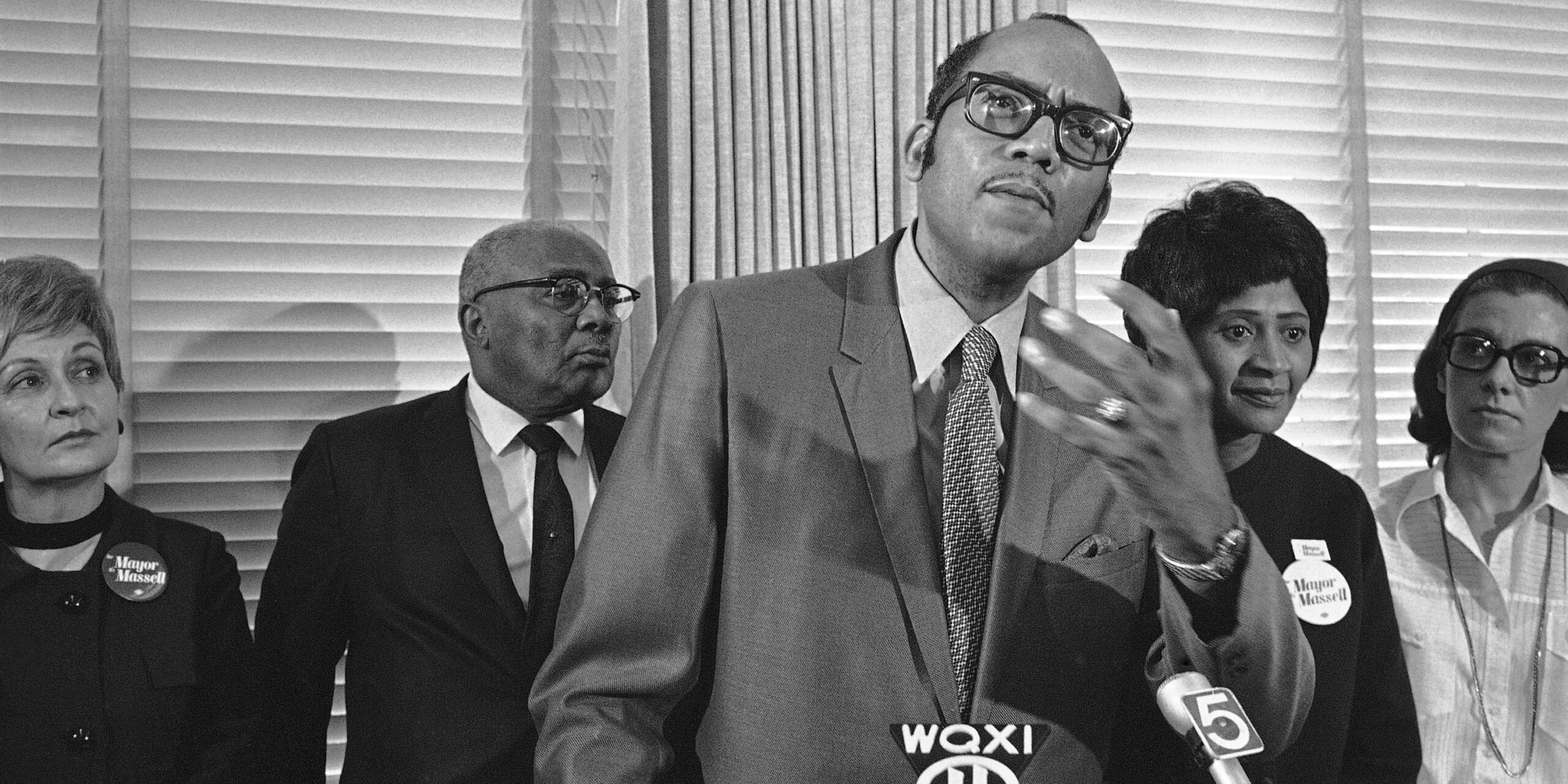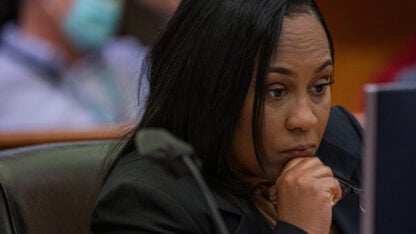Atlanta played a huge part in the civil rights movement of the 1960s, serving as the birthplace of Martin Luther King Jr. and home of the world’s largest museum dedicated to King, the Martin Luther King Jr. Historic Site.
Atlanta’s history regarding segregation and Jim Crow laws has led to the creation of historical landmarks such as the Sweet Auburn Historic District, an area where black businesspeople became prosperous despite the setbacks imposed on them.
In the 1960s, Atlanta was host to the first meeting of the Student Nonviolent Coordinating Committee, of which many Atlanta University students were founders, according to the National Park Service.
Not only was Morehouse graduate Martin Luther King Jr. born on Auburn Avenue in the Sweet Auburn District, he also preached at the Ebenezer Baptist Church and participated in one of the SNCC’s first protests, the sit-in at Rich’s department store lunch counter.
Only after the Civil Rights Act of 1965 was passed did Atlanta civil rights activists John Lewis and Andrew Young get elected to Congress.
These leaders, in the list below, have all also played a role in Atlanta’s history during the struggle for civil rights, but many of these names won’t appear in your history textbook. WABE has compiled a list of a few of these lesser-known activists for Black History Month.
Walter Francis White
Atlanta native Walter White was one of the foremost African-American spokespeople in the United States. By 1929, White was the chief secretary of the NAACP, working to bring the cause of civil rights to the forefront of American attention.
John Wesley Dobbs
John Wesley Dobbs was a prominent proponent of African-American suffrage during his lifetime, according to the New Georgia Encyclopedia. Co-founding the Atlanta Negro Voters League, Dobbs worked to increase black voter turnout in the Atlanta area following a federal court ruling, which equalized the previously all-white primary. According to the encyclopedia, Dobbs was unofficially referred to as the mayor of Auburn Avenue.
A. T. Walden
Civil rights attorney A. T. Walden helped John Wesley Dobbs to co-found the Atlanta Negro Voters League in 1949. He also led the Atlanta branch of the NAACP and the Atlanta Urban League.
Benjamin Mays
Benjamin Mays, a prominent civil rights leader and mentor to Martin Luther King Jr., worked to pull himself from poverty to become a minister, scholar, activist and the president of Morehouse College in Atlanta from 1940 to 1967. He was also the first black man to lead the Atlanta Public Schools Board of Education between 1970 and 1981.
Leroy Johnson
Leroy Johnson was the first African-American elected to the Georgia General Assembly since 1907. Elected in 1962, Johnson rose to the position of chairman of the Judiciary Committee. Now, Johnson’s portrait hangs on the third floor of the Georgia Capitol building.
Donald Hollowell
Donald Hollowell was a proponent of the desegregation of public institutions throughout Georgia, according to the New Georgia Encyclopedia. During his career, Hollowell helped to desegregate the University of Georgia and defended Martin Luther King Jr., among others, during the Albany Movement of the 1960s.
Grace Towns Hamilton
Grace Towns Hamilton was the first African-American woman elected to the Georgia General Assembly in 1966 and was the first African-American female in the Deep South to hold such an office, according to the New Georgia Encyclopedia. Before her election to the General Assembly, she was appointed executive director of the Atlanta Urban League, where she fought for better education, health care and housing for African-Americans.
Joseph E. Boone
Joseph E. Boone was a key organizer in the Atlanta Movement during the 1960s, according to United Press International. Former state Rep. Tyrone Brooks referred to Boone as “an unsung hero who never received proper credit for all he did.” Boone led Operation Breadbasket, which according to the King Encyclopedia led to businesses that sold to African-Americans hiring more African-American employees. This operation increased availability of jobs and advancement opportunities for African-American workers.
Ralph Abernathy
Atlanta University graduate Ralph Abernathy helped to create the Southern Christian Leadership Conference and later became its leader after Martin Luther King Jr.’s assassination. The conference’s goal was to provide the civil rights movement with constant leadership, according to the New Georgia Encyclopedia. Abernathy also worked with King to coordinate the Montgomery Bus Boycott in 1955 and 1956.
Bernice Johnson Reagon
Albany State University alumnus Bernice Johnson Reagon was a student activist during the civil rights movement. Reagon served as secretary of Albany’s junior chapter of the NAACP and later became a student leader in the Albany Movement. She was arrested and expelled from Albany State University after participating in a SNCC demonstration in 1961, and after a brief time at Spelman College, Johnson went on to raise money for SNCC by singing in the Albany-based choral group the Freedom Singers.

9(MDAxODM0MDY4MDEyMTY4NDA3MzI3YjkzMw004))





